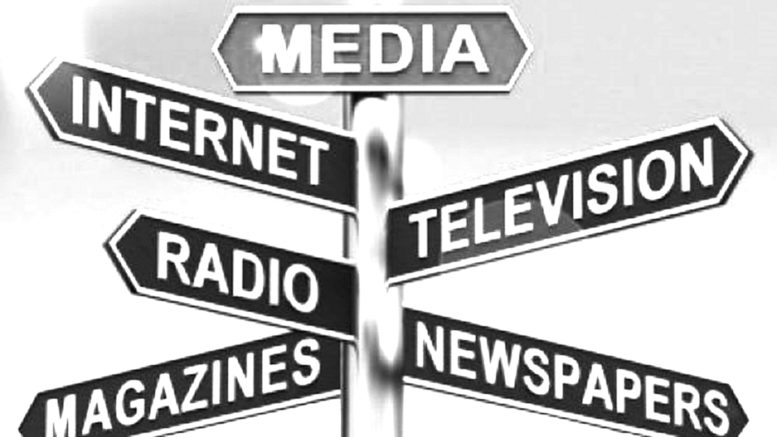The driving force behind the current Middle East conflict is not Israel, they are clearly fighting a defensive war primarily against two separate Islamic terrorist groups, Hamas and Hezbollah. In my view the driving force for the conflict is the current government of Iran.
After all it is Iran that has provisioned and bankrolled Hezbollah and Hamas although Hamas, as the Gazan government, gets most of its funding from customs duties that Israel administered and money from Qatar. Hamas still got US$100 million per year from Iran and the bulk of Hezbollah’s money comes from Iran.
Hezbollah is Iran’s big project. It’s Iran’s tool for projecting power in the Levantine region. Iran’s problem, according to the author John Raine writing for the Englesberg Ideas website, is that Hezbollah is so important to the Iranian regime that cleaving to it too closely might bring about the end game of the government in Tehran. The military response from either the Israelis or others coupled with what appears to be waning public support for the Iranian regime at home could topple the government in Tehran. I suspect that many of the region’s governments might be OK with the end of the Mullahs management of Iran, even if it was Israel maybe with other nations and internal rebellion that undertook that management change. However if Iran tries to avoid this fate by cutting Hezbollah loose then that would lose Iran an awful lot of political and military influence. Iran may be in a very difficult place both politically and militarily.
Mr Raine said:
The danger for Tehran of Israel’s sustained escalation against Hizbollah is both material and moral. Responding pari passu will reduce Iran’s arsenal, but not responding damages its credibility. Worse, if it does not escalate to protect Hizbollah it risks losing its cat’s paw in the region, without which its regional influence plummets. The trap into which Tehran may fall is an egregious escalation to protect Hizbollah, which tips international opinion either into hostility or causes those who might have actively supported de-escalation with Iran to step away.
The regime has options to stave off an endgame. It could ration its support for Hizbollah, sacrificing a large part of its capability in the hope of saving the rest. But the upper hand in Tehran lies firmly with the IRGC establishment, to whom the survival of Hizbollah is an existential matter, not with President Masoud Pezeshkian, who has an eye on a rehabilitated regime. Second, Tehran could call in a favour from Russia in return for their ongoing and valuable military supplies to the Kremlin. But Russia has boxed clever with both Israel and Tehran (and Netanyahu has boxed clever with Russia and America). While Putin needs Iran’s UAVs and missiles, he doesn’t need the Ayatollahs. He was prepared to act to save Assad because Russia has a long-standing strategic interest in Syria. The extent to which he would mobilise to save the Iranian regime is debatable, not least because of the demands of the war in Ukraine. Other possible military allies for Iran are hard to find (but may, for example, include North Korea), showing the limitations of a policy built upon the principle of ‘my enemy’s enemy is my friend’.
This writer has listed some interesting possibilities for the future of this conflict. It seems to suggest that Iran is far weaker, once separated from its sponsored terror groups, than many might think. They may have less solid allies and brainwashed slave soldiers from North Korea might not be able to tip the balance in Iran’s favour. If, as Mr Raine suggests, Iran resorts to terrorism against American interests then the Americans will be forced to go highly kinetic on the Tehran regime. Iran could find itself in the cross-hairs of the militaries of both Israel and the United States and that prospect might even give China great pause for thought about getting involved.
Personally I’d love to see the sort of regime change in Iran that put the people, not the religious leaders of Iranian Shia Islam, in charge and was run for the Persian people’s benefit. I’m old enough to remember the Iranian revolution and the deposition of the Shah and it’s horrifying that the Iranian people have suffered under the purgatory of the Mullahs for so very long. The Persian people deserve better than the monsters that have governed them for decades.




Trump will knock the Biden admin’s insane plan starting a war with Russia by expanding NATO into Ukraine on the head – and Putin will keep his nose out of Iran.